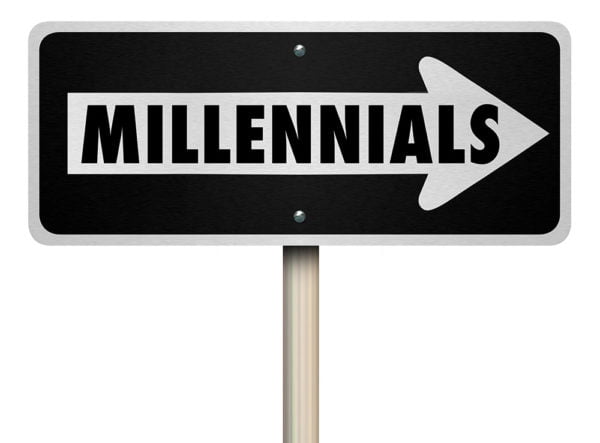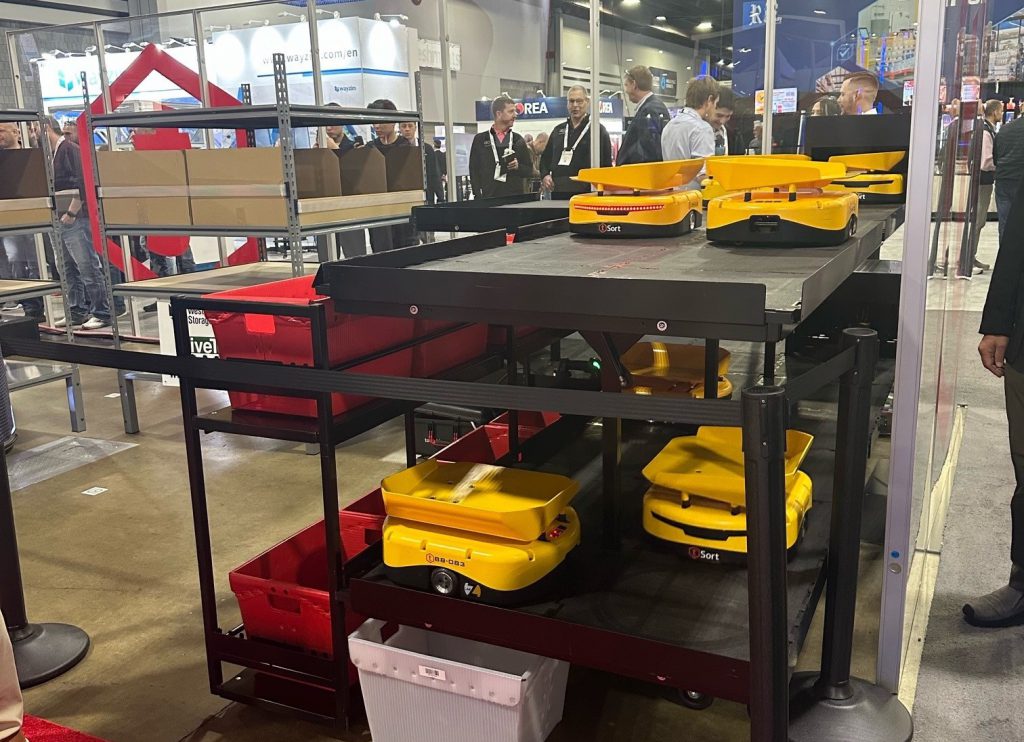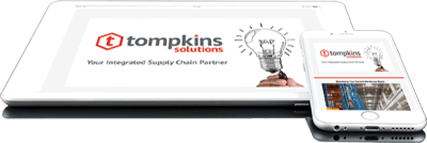Published May 12, 2016
By Lisa Kennedy
Project Manager, Tompkins International
Millennials are a rapidly growing segment of the workforce. According to Pew research, there are currently 53.5 million millennials working, about one-third of the current workforce. It is estimated that by 2025, millennials will make up as much as 75 percent of the workforce.
Suppliers across many industries are taking the time to understand how to work effectively with emerging millennial leaders. The speed at which information is shared by this generation is unprecedented. Millennials’ desire real-time information to make decisions that drive actionable results. This will replace current decision making processes in company cultures. Current experts think companies need to review their organizational capabilities in order to relate effectively with millennial managed companies.
Understanding what is important to millennials can help to develop relationships and close culture gaps if they arise. Key things millennials’ value in business relationships include:
- The conduct of a supplier is important. Millennials will not work with companies with comprised ethics.
- Millennials desire positive feedback more than financial rewards.
- Getting things done fast, done right, and within the project scope. Traditional four hour business meetings and lunches have been replaced with short meetings and electronic
- Accountability across the board is important. Information in isolation is not helpful.
- Transparency and visibility to see and know what is happening: daily updates, weekly updates, and the ability to login and access information in real-time.
Culture does matter in selecting suppliers. Millennials have a 24/7 work cycle and always have a handheld device. The promptness of replying is paramount. One to two days is not acceptable. Working together in teams and demonstrating flexibility are also important elements of a successful relationship, tying into the importance of communication. Suppliers should consider non-traditional working hours and locations. If it will take two days to get an answer, the supplier will need to manage those expectations.
Suppliers are expected to bring innovative ideas and solutions to the table. Expect millennials to challenge current thinking. Expect changes and be prepared to suggest creative alternatives. Do not forget to offer a work around until a better solution is found. Lastly, it is important to manage expectations by under-promising and over delivering. Suppliers need to prove they can surprise the client.
To create long term relationships with millennials suppliers need to earn their trust and loyalty. Success is measured by how the project plays within the larger scope and works for the company. Feedback is important in project based work; remember to talk about the work experience. Availability of referrals is also important. Millennials will ask for references for similar types of business and projects completed in the past. This is a great way to build trust. This generation relies on Yelp, relies on experiences, and values the opportunity to gain relevant insights.
In closing, remember the information age is creating new companies that are nimble and responsive to customer needs. The culture of the millennial generation is driving the thirst for real-time data and information to enable the decision making process. This will affect all suppliers that sell to them. Millennials want actionable data. Web visibility is important with the ability to login anytime from anywhere in order to understand the current status of operations. This should be more than a line-by-line visibility. Reports, charts, and graphs that provide information and comparisons across operations are important.
More Resources:



